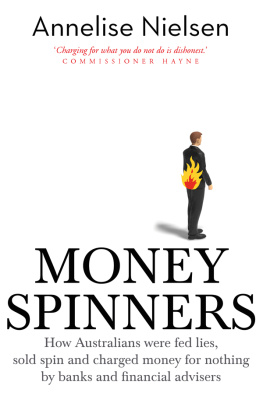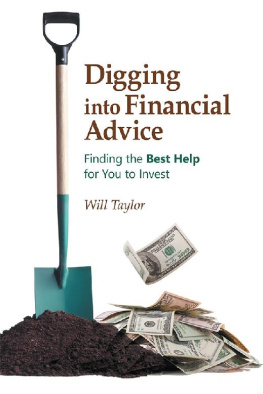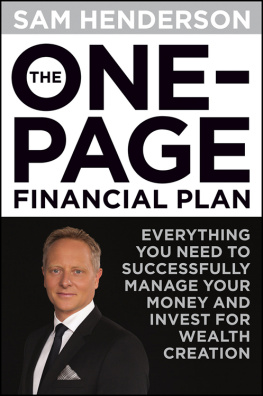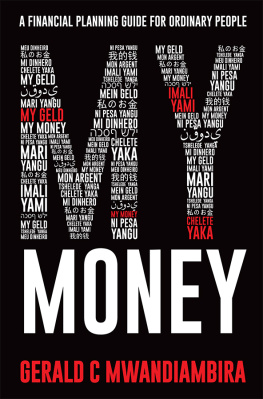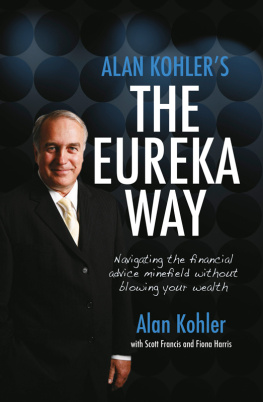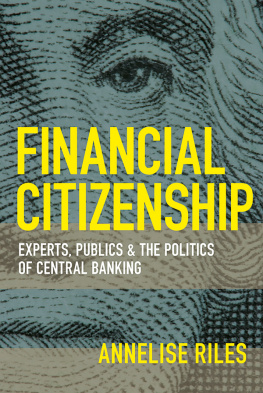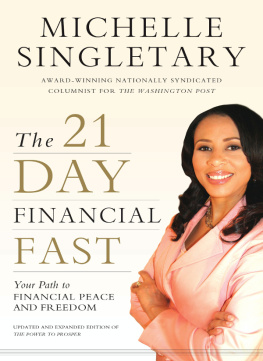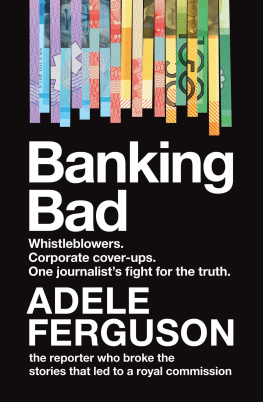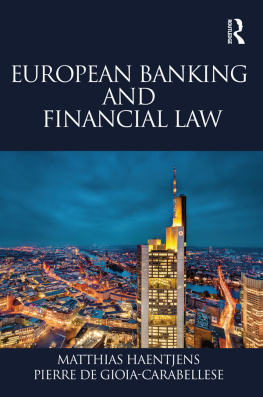About the book
Is the financial advice industry riddled with scandals because there are just a few bad apples, or is there an inherent conflict in the profession?
Financial advice in Australia started with insurance brokers going door to door dispensing advice, and that slowly edged its way into financial advice. Then compulsory superannuation set the industry off and racing. There have been scandals, collapses, mergers, soft approaches to regulations and a history of skewed priorities. The drive for competition saw a lack of self-regulation that led, ultimately, to the banking royal commission and an opportunity to expose the worst operators and the bad advice being dispensed. Incompetence, conflicts of interest and greed were all exposed.
Where to from here? ASIC and APRA have become emboldened, but where will ordinary Australians be going to receive the best direction for a secure financial future? Political reporter and host Annelise Nielsen has watched and studied the implosion of the financial services sector and here, in clear language, she wades through the weasel words to provide some clarity.
Introduction
The shame game
The first time I met Terry McMaster I was filming him as he was being loaded into the back of an ambulance. Propped up, with a blood pressure cuff wrapped around his arm over his business shirt and his tie pulled to one side, he seemed remarkably calm, if not slightly shell-shocked. The man beside him was yelling at the gathered journalists to bugger off. Only moments earlier Id been watching the live feed of Terry sitting in the witness stand as it was beamed into the media room at the Commonwealth Law Courts building in Melbourne. Terry had been giving evidence at the Royal Commission into Misconduct in the Banking, Superannuation and Financial Services Industry, and it was not going well. As the other journalists and I busily took notes, gasps, groans and eye-rolls were shared. Mark Costello, counsel for the royal commission, was drilling Terry on his companys so-called client protection policy, which he was arguing did everything but protect the client. It was cringe-worthy viewing.
Mr Costello swayed from one foot to the other, then looked down at his notes and said, Mr McMaster, I put it to you it is Orwellian to describe this as a client protection policy?
Terry replied, I agree with that. And this, of course, has been changed.
Mr Costello went on. It is entirely misleading, isnt it?
Yes, Terry replied.
Entirely misleading to call this a client protection policy?
It actually wasnt intended to be misleading. It sort of evolved
It continued on like this for a while, until we saw the colour draining from Terrys face and heard his breath rattling through the microphone. We all instinctively knew what was happening. I grabbed my camera gear to wait outside for the ambulance that Commissioner Kenneth Hayne called for just as the video feed was cut.
So it was that I found myself standing on Melbournes busy William Street as office workers shuffled past, filming a man whod collapsed under the pressure of some of the most sensational cross-examination Australias business world has ever seen.
You okay, Terry? I called out.
No Im not okay, he replied.
What happened? I asked.
I collapsed, he said.
That banal exchange made news bulletins across the country bulletins that, weeks before, had scarcely mentioned the juggernaut that was the banking royal commission. Now, as scandal after scandal rolled out from the commissions proceedings, it was creeping up the rundowns and into the public consciousness.
When we met again several months later, I encountered a very different Terry McMaster. Hed ridden his bike to meet me, but instead of the usual lycra get-up youd expect of a man his age he wore loose shorts and a well-worn polo. He looked a little worse for wear, too. I apologised for having to film him at what was a vulnerable moment for him, and he was very gracious. He was also remarkably upbeat given what hed been through and what was still to come.
His turn in the witness stand had obviously taken its toll. I went from running triathlons to having trouble getting out of bed in the morning. In the weeks after the hearing, my wife, Simone, had to work just to get me to walk around the block, he told me as he clasped a mug of black coffee. Before he fronted the commission, he knew he was in serious trouble when his (now former) colleagues case was being examined. I was on my bike in my garage. Id taken a few days off work when the hearings were on and I was pedalling and watching them on my iPad. When I saw the evidence about Adam Palmer coming out I knew something was really wrong.
Adam Palmer had been working as an authorised representative of Terrys company Dover Financial, but had previously worked for AMP. Its there, the commission was told, he received an E rating in a performance audit the lowest possible rating. He was accused of recommending clients invest in a property business that he owned a 60 per cent share of, without disclosing the interest. It took two years for AMP to move him on. And when he went to work for Dover, AMP consciously chose to avoid having the uncomfortable conversation to warn them about his track record of poor advice.
Terry McMaster maintains that hed only been told that he was going to be asked about his onboarding processes for new employees at the royal commission. A number of his staff had been identified by the commission as chronic poor performers whod found their way to Dover Financial. In contrast to this, he spoke to me with pride about the diversity of his staff, and that he favoured hiring women and people from different countries and backgrounds when he felt theyd been overlooked. Undoubtedly many could have been excellent performers under different circumstances. He said that he loved giving people a chance when no one else would. Finance is a world that often leans towards the homogenous. He joked that if he wanted Dover Financial to be more diverse, hed actually have to hire more white men.
What his hiring process claimed in virtuousness, it certainly lacked in veraciousness. However, it was his Orwellian client protection policy that proved to be his undoing in the eyes of the commission. The Australian Securities and Investments Commission (ASIC) has since cancelled his licence and forced him out of the industry, and is suing him for misleading and deceptive conduct, which he vehemently denies.
Terry McMasters almost comic crumbling on the stand was the crescendo to a well-orchestrated evisceration of an industry that rakes in A$4.6 billion each year. The commission uncovered an industry riddled with conflicts of interest and unmitigated greed, and plenty of bad advice.
The trope traipsed out over and over again was that it is just a few bad apples bringing the industry down. The truth is that hundreds, if not thousands, of advisers and businessmen and women at the top have been complicit in the outright rorting of consumers. But with more than 25,000 financial advisers working in Australia, there are also plenty of people out there genuinely motivated by a desire to help people and do their jobs well. And, of course, it doesnt take a bad person to dispense bad advice. So what makes good people fall short?

